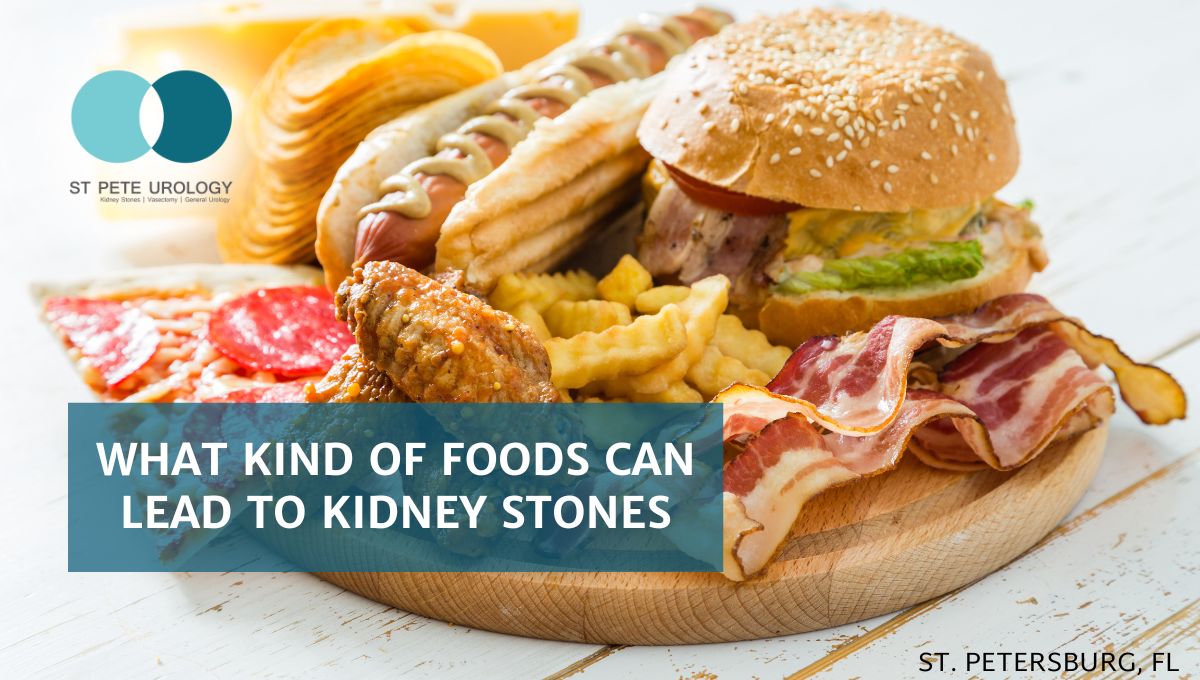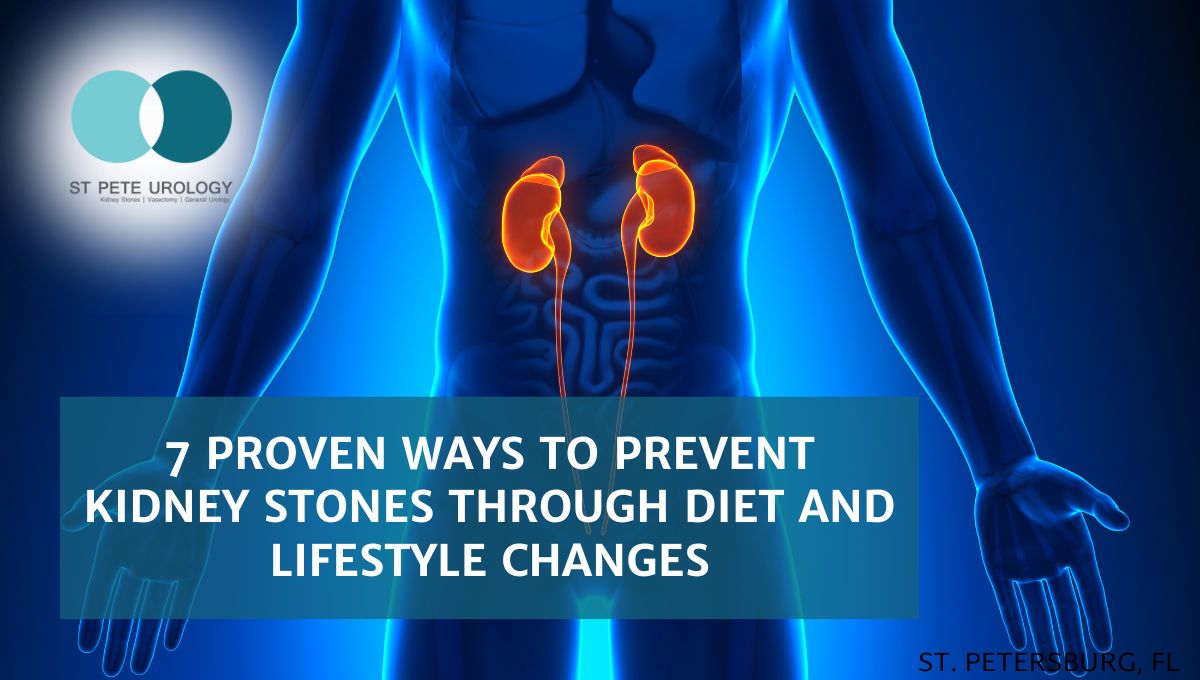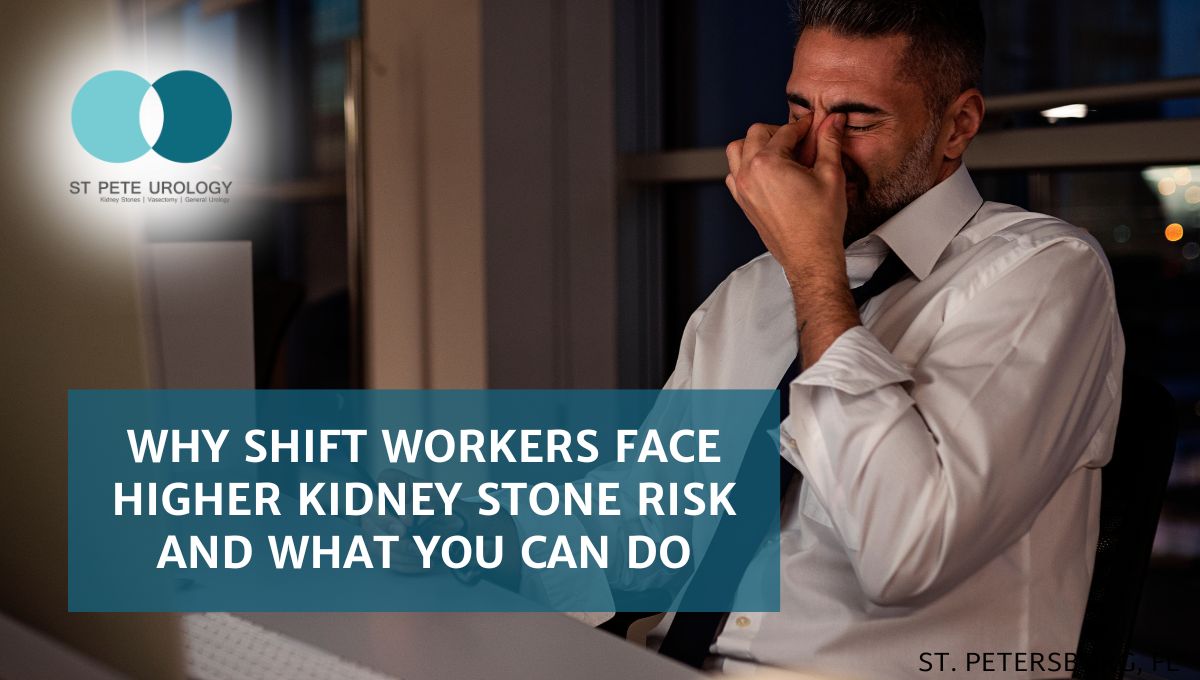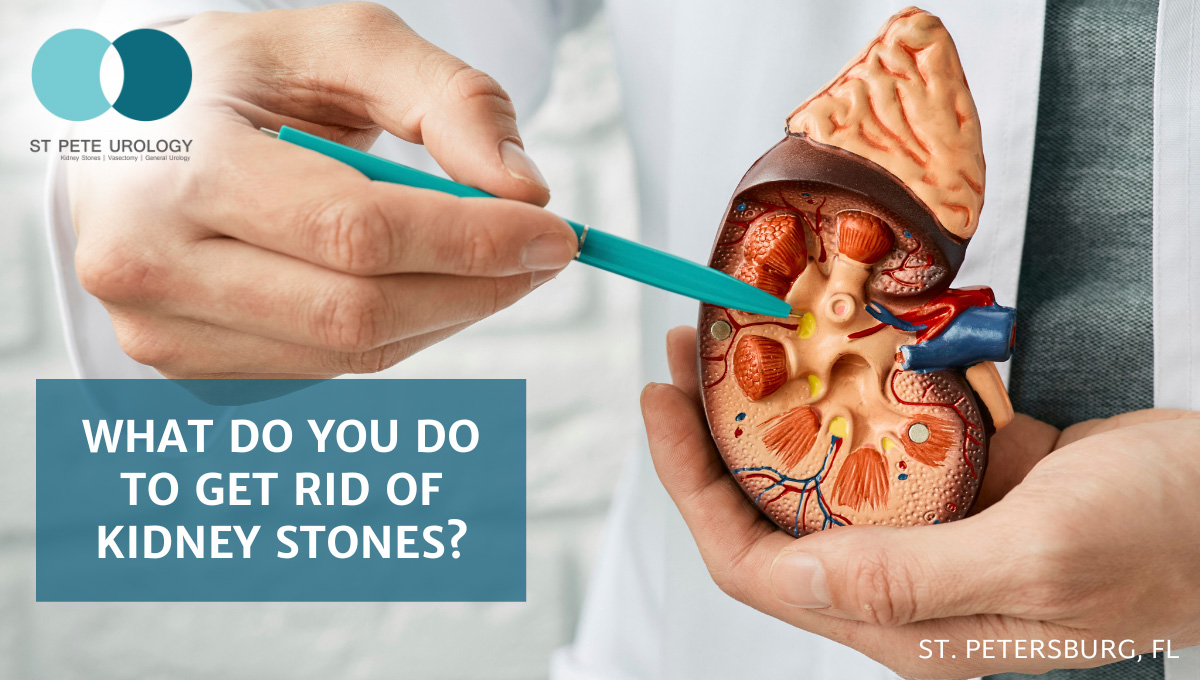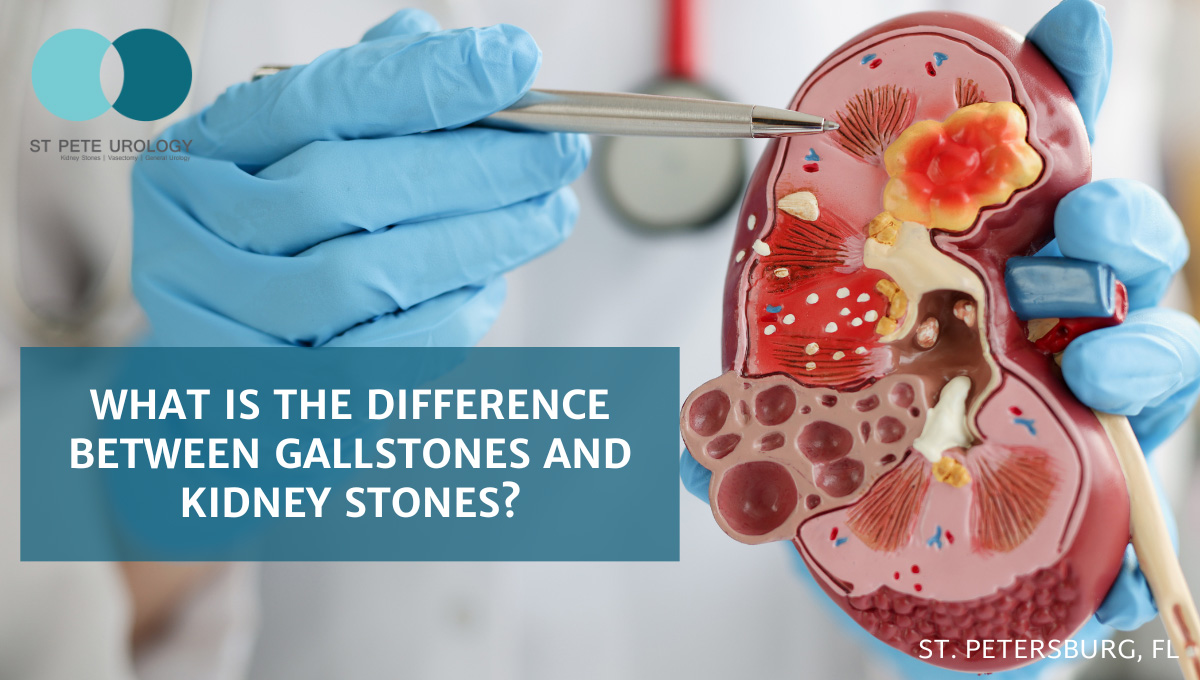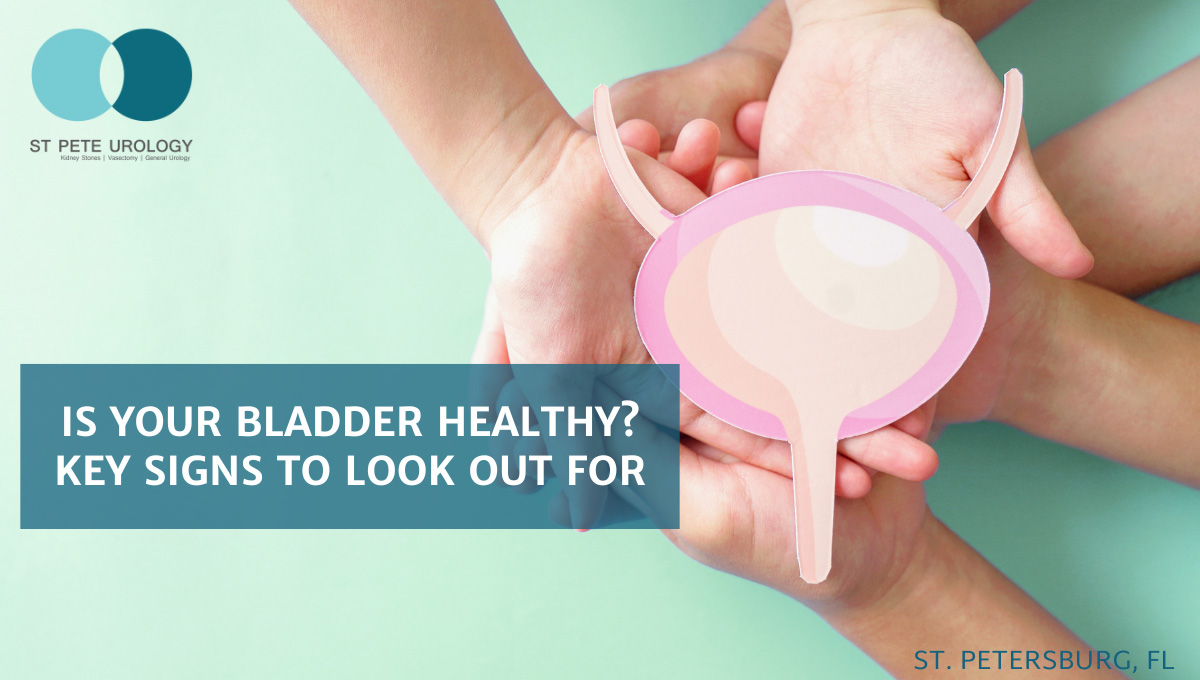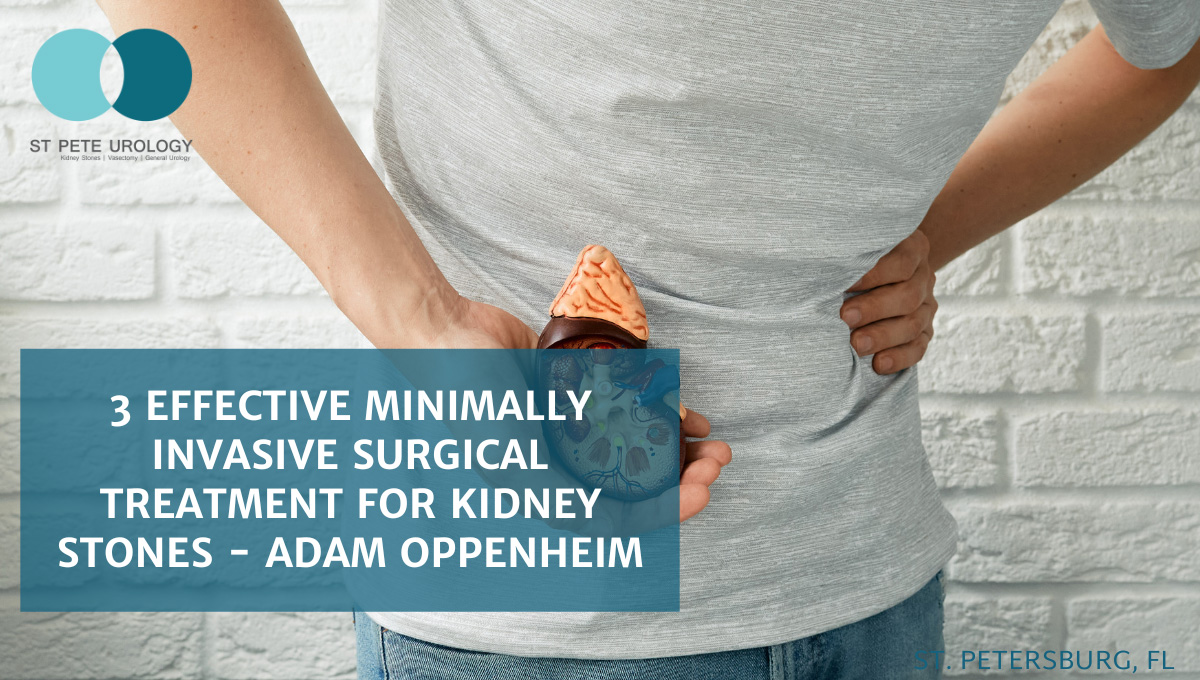Understanding which foods can lead to kidney stones helps you make smarter dietary choices. Learn about high-risk foods and prevention strategies from St. Pete Urology experts.
Continue reading7 Proven Ways to Prevent Kidney Stones Through Diet and Lifestyle Changes
Discover how to prevent kidney stones through proper hydration, diet, and supplements. Expert tips from St Pete Urology’s board-certified urologists.
Continue readingWhy Shift Workers Face Higher Kidney Stone Risk and What You Can Do
Shift workers have a 15-22% higher kidney stone risk. Learn the science behind this connection and discover practical prevention strategies to protect your kidney health.
Continue readingHow Are Kidney Stones Diagnosed and Treated?
Suspect you have a kidney stone? Learn how are kidney stones diagnosed using advanced imaging and discover modern treatment options at St Pete Urology. Get clarity now.
Continue readingWhat Causes Kidney Stones in Men?
Wondering what causes kidney stones in men? St Pete Urology explains the key factors, from diet to dehydration, and offers expert tips on prevention. Learn more.
Continue readingWhat Do You Do to Get Rid of Kidney Stones?
What do you do to get rid of kidney stones? Explore comprehensive kidney stone treatment and prevention strategies at St. Pete Urology.
Continue readingWhat is the Difference Between Gallstones and Kidney Stones?
Some urological conditions often get confused with something other condition, such as gallstones and kidney stones. Learn the difference here
Continue readingIs Your Bladder Healthy? Key Signs to Look Out For
Recognizing the key signs of a healthy bladder is important to monitor its condition and seek medical advice when necessary.
Continue readingKidney stones: What are your treatment options?
Experiencing kidney stones? What are your treatment options? The severity of the kidney stones may dictate which treatment to get.
Continue reading3 Effective Minimally Invasive Surgical Treatment For Kidney Stones – Adam Oppenheim
There are three effective minimally invasive surgical treatments for kidney stones: Shockwave Lithotripsy, Ureteroscopy, and Percutaneous Nephrolithotomy.
Continue reading
